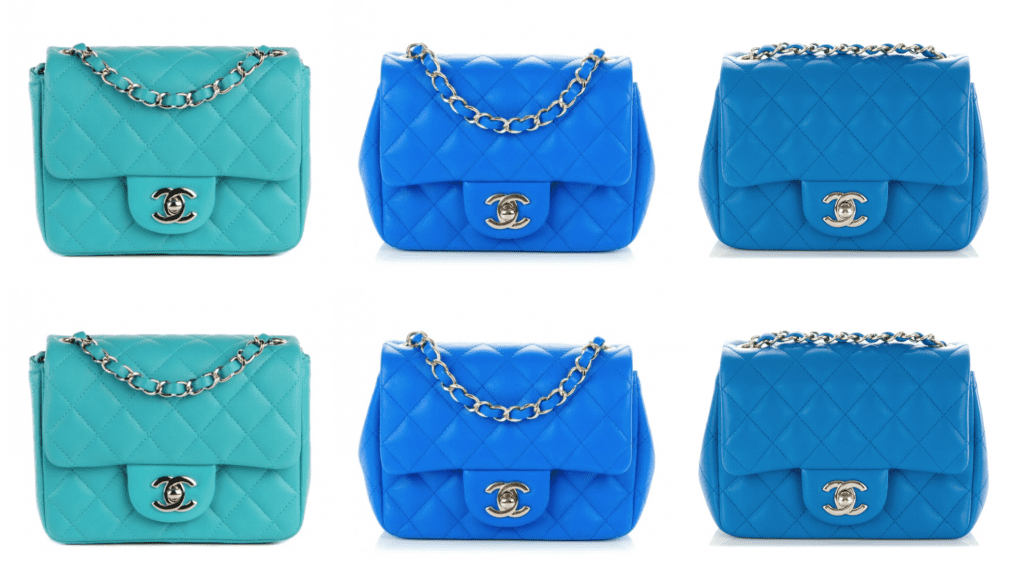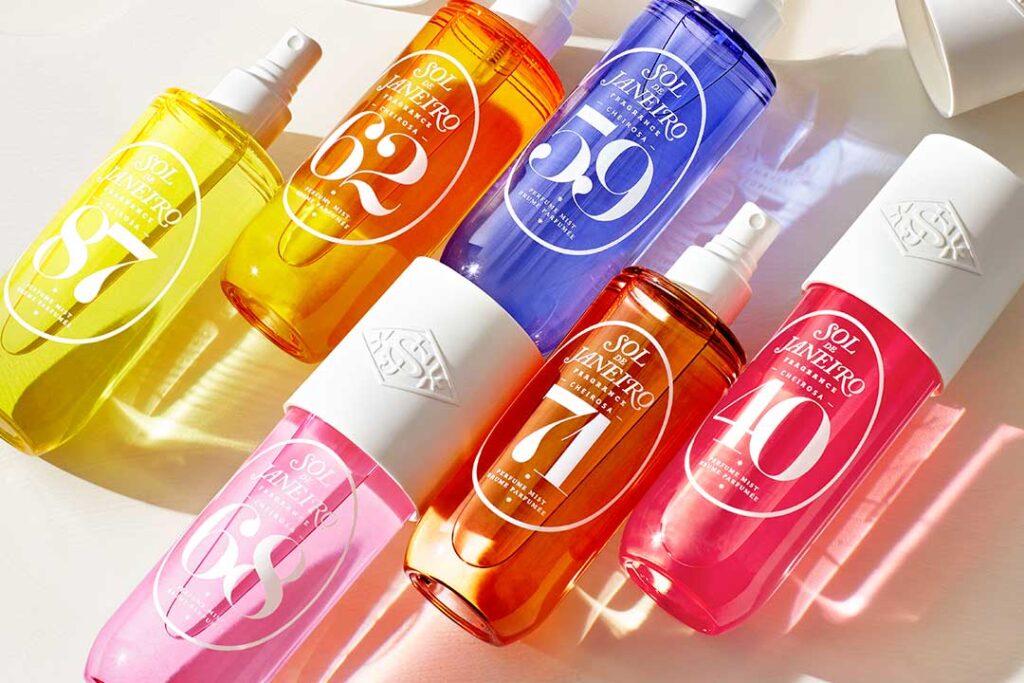Fashion Nova was the brand that everyone was Googling in 2018. After crunching the numbers, Google revealed its most searched-for fashion brands list for the year, and the ultra-fast fashion retailer – likely thanks to its stable of big-name endorsers and a collaboration with “it” rapper Cardi B – nabbed the top spot. Fashion Nova is not the only interesting name amongst the likes of some of the usual high fashion suspects, such as Louis Vuitton, Gucci, Givenchy, Dolce & Gabbana, and Moschino, though. In the number 8 position of Google’s “Year In Search” list is Fashionphile.
Fashionphile may not have Cardi B or the Kardashian/Jenners on its payroll, but the nearly 20-year old luxury consignment company has something else that is on a growing number of fashion consumers’ minds: thousands of pre-owned luxury handbags and accessories, all accessible by way of its e-commerce site.
Describing itself as “the leading online reseller of pre-owned luxury handbags, and one of the most trusted sources in the secondary market,” with its offerings of Chanel, Hermes, Goyard and Gucci bags, among others – plus designer shoes, jewelry, watches, and other accessories, Fashionphile has been making its name and helping to reshape the image of the resale market since 1999, a solid 10 years before some of its biggest current competitors first set up shop.
Sarah Davis, the Southern California-based campaign coordinator-turned-entrepreneur, launched Fashionphile when she was in law school. At the time, the secondhand garments and accessories model was still completely brick-and-mortar based and dominated by “college kids and hippies,” as WWD put it earlier this year. Beyond that, at the outset of Davis’ venture, resale lacked the modern appeal that currently sees the buzzy pre-owned luxury market not just as a socially acceptable practice but an increasingly fashionable – and an inherently sustainable – one.
Davis says she had the idea to launch the consignment-centric website thanks to observations she made after selling on eBay. She quickly found that “luxury labels held their value more than anything else, and that handbags were selling for very close to retail.”
Now, Fashionphile maintains upwards of 10,000 items on their website, all of which are subject to the company’s extensive verification procedure by skilled experts, and its 100% authenticity and “lifetime money back guarantee.”
While Fashionphile may seem like something of an outlier next to names like Dior and Louis Vuitton, its inclusion on Google’s list makes a lot of sense due to its position in the $25 billion-plus and growing resale market. Resale is rapidly attracting consumers, including young, digitally-saavy ones that view resale as a point of entry-level to the luxury segment, plus no small number of investors, who are pouring money into luxury and streetwear resale sites with increasing frequency.
Still yet, even some of luxury’s most traditionally positioned, digitally-averse brands, themselves, (sans Chanel, of course) want in as a way to gain access to invaluable data that these sites collect about consumer taste and buying habits, and to potentially exert some control over the resale/positioning of the goods bearing their names/logos.
In this way, Fashionphile is inarguably one of the most relevant names on the list.
As for what Davis says was on consumers’ hit lists for 2018 based on searches and sales: fanny packs. This particular style of bag – which “despite making up just 1% of fashion-accessories sales, fanny packs were responsible for nearly 25% of the industry’s growth in the first 10 months of this year,” per Quartz – was “super-hot and flying off the shelves starting in fall 2018 and through this summer,” Davis told WhoWhatWear. “We literally couldn’t keep one on the site.”














